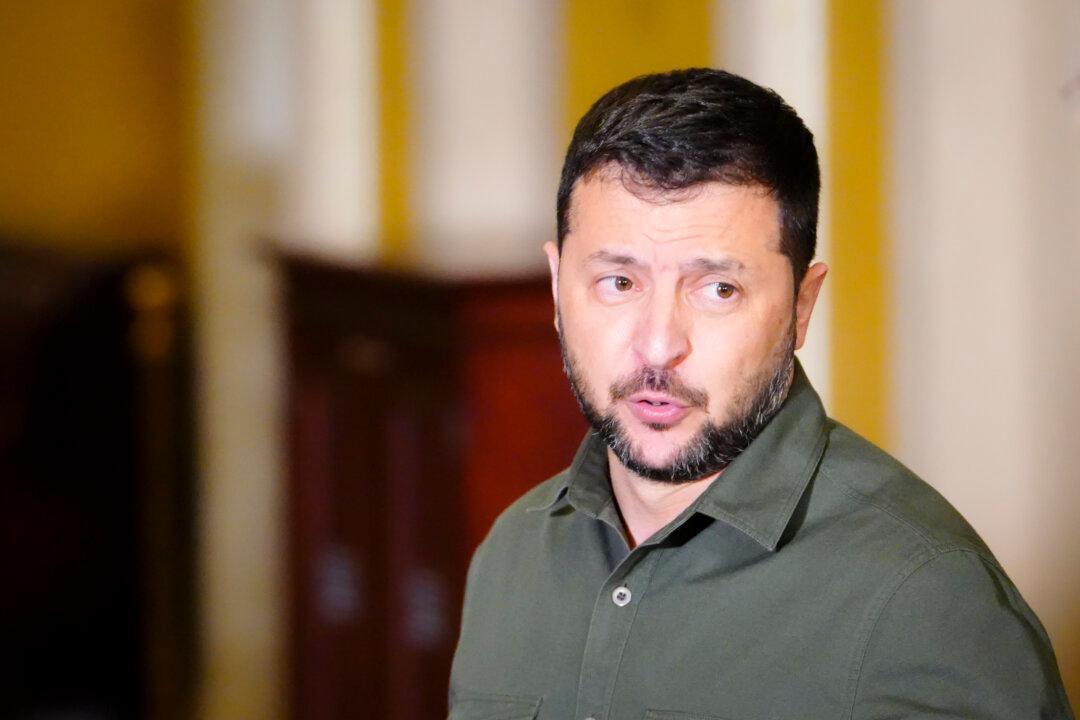Ukrainian President Volodymyr Zelenskyy spoke with House Speaker Mike Johnson (R-La.) on March 28 and asked for Congress to urgently pass additional assistance for Ukraine in its war with Russia.
“I spoke with @SpeakerJohnson and thanked him personally, both parties, the American people, and President Biden for their critical support of Ukraine since the start of Russia’s full-scale invasion,” posted Mr. Zelenskyy on X, formerly Twitter.





